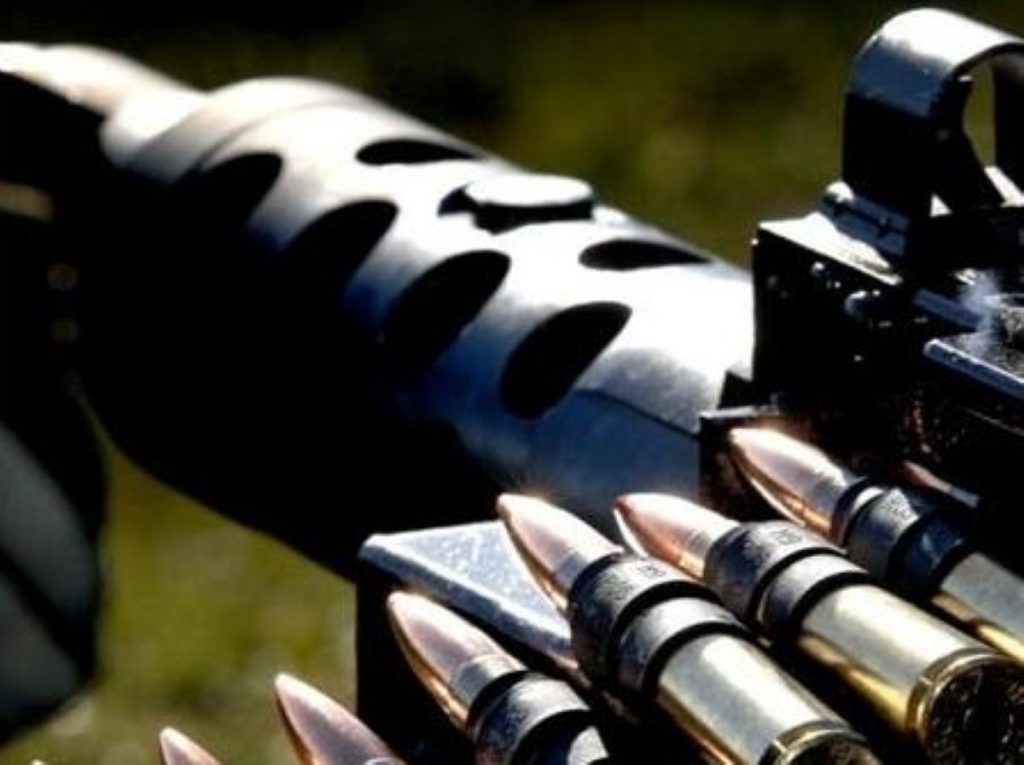BBC journalists ‘beaten’ by Gaddafi’s forces
Three BBC staff working in Libya have been beaten, detained and subjected to a mock execution, it has emerged.
British journalist Chris Cobb-Smith was stopped at a checkpoint south of Zawiya in western Libya on Monday while working with a Palestinian refugee, Feras Killani, and Turk Goktay Koraltan.
They were beaten, questioned by officers and threatened with guns, held in a cage in cramped conditions and, finally, faced a mock execution before being released 21 hours later.


“There were four of us including the driver,” Mr Cobb-Smith said after he had left Libya.
“We were lined up against the wall facing it. I stepped aside to face a gap so they wouldn’t be able to smash my face into the wall.
“A man with a small sub-machine gun was putting it to the nape of everyone’s neck in turn. He pointed the barrel at each of us. When he got to me at the end of the line, he pulled the trigger twice. The shots went past my ear.
“They all laughed as though it was very funny. There was a whole group of them in plain clothes.”
Muammar Gaddafi has been extremely critical of the BBC for its alleged misreporting, but this is the first time reports of mistreatment of BBC staff as the struggle for Libya continues.
Fighting on the main Benghazi road is concentrating on the oil port of Ras Lanuf, after Col Gaddafi’s troops took Bin Jawad earlier this week.
Clashes are also reported in Misrata, which the Foreign Office is worried about on humanitarian grounds because of its isolated position, and Zawiya, close to the Tunisian border and Col Gaddafi’s Tripoli stronghold.
Thursday sees European foreign ministers assess the situation in Brussels, where British foreign secretary William Hague and his German counterpart Guido Westerwelle are calling on EU foreign policy chief Catherine Ashton to explore further sanctions options.
A joint letter from the pair called for the EU and its member states to declare they would not “work or cooperate with Gaddafi”.
“Our vision is a comprehensive partnership of equals between the peoples of Europe and its neighbourhood, underpinned by deeper and wider economic integration,” the AFP news agency quoted their letter as saying.
“We can achieve this by a custom-made co-operation of the European Union with those that want this partnership and see in it as an opportunity to support the changes they want themselves.”
Britain has not yet cut its formal diplomatic ties with Col Gaddafi’s regime, however.

